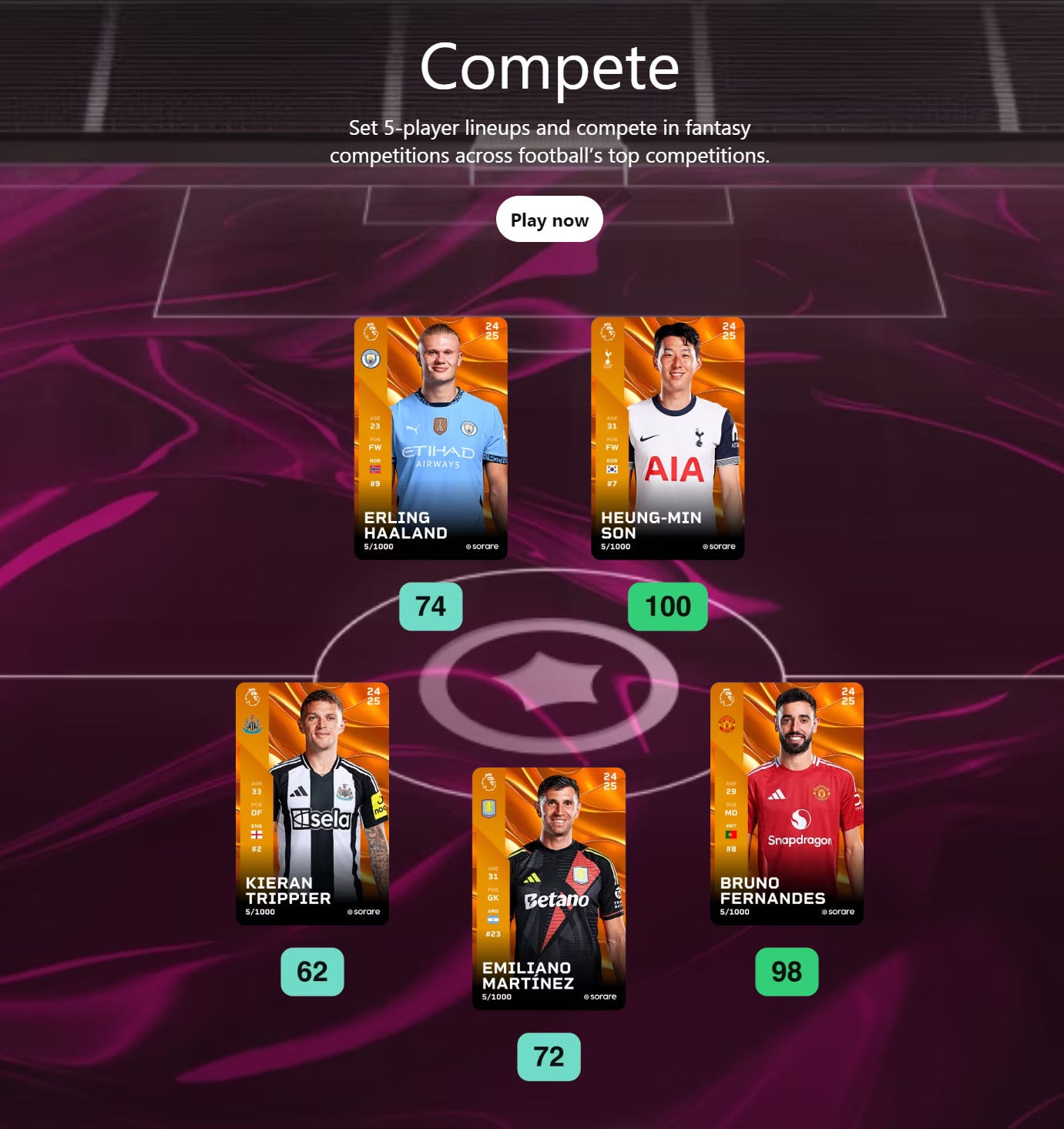Trolling the Future: How Web3 Haters Are Sabotaging Their Own Collections
Blubber Notes # 117
Web3 is in a transformative phase. After the explosive growth of 2021, when NFTs and blockchain-based projects dominated headlines, the space is starting to stabilize. Now, innovation is pushing forward in areas like gaming, decentralized finance (DeFi), and digital ownership. Games like Illuvium and Gods Unchained are creating new excitement, while titles such as Off the Grid, a cyberpunk-themed battle royale, and Parallel, a sci-fi trading card game with immersive world-building, are expanding what’s possible in blockchain-based games.
Despite this progress, negativity looms large in the Web3 space. Interestingly, this negativity doesn’t primarily come from outside skeptics—it comes from within. Web3 trolls, who once championed the space, have now become some of its loudest detractors. But why have they taken this path, and how do we move forward?
Summary:
The Rise of the Trolls: How the Market Burned Its Biggest Collectors
Stories of Resilience
Moving Forward: Building Beyond Negativity
The Rise of the Trolls: How the Market Burned Its Biggest Collectors
The trolls we see in Web3 today are not your typical outsiders—they’re people who were once deeply invested, both emotionally and financially, in the space. During the peak of 2021, many jumped into Web3 with high hopes. NFT projects like Bored Ape Yacht Club were selling out within minutes, and celebrities like Paris Hilton were launching their own collections. Brands, too, joined the frenzy: McDonald’s, for instance, launched its McRib NFT campaign, generating 85,000 retweets for collectible McRib-themed NFTs, while Louis Vuitton hosted a digital treasure hunt to celebrate its 200th anniversary with NFTs
But as the market cooled and the speculative bubble burst, many collectors felt burned. These individuals had poured money into projects without fully understanding their teams, structures, or long-term potential. When projects pivoted, faltered, or failed, these collectors felt betrayed. Instead of providing helpful, constructive feedback, they shifted to relentless criticism, attacking the very projects they once supported and spreading constant negativity across platforms like X (formerly Twitter), dragging these projects through the mud.
Instead of helping the space grow, trolls have focused on past promises, discrediting projects that are still building, adapting, and evolving. Their bitterness over their financial losses has transformed them into roadblocks for progress.
Axie Infinity: A Story of Recovery and Resilience
Take Axie Infinity, a pioneer in play-to-earn gaming that became a livelihood for many during its peak. In 2022, the Ronin Bridge hack resulted in a staggering $600 million loss, shaking the community’s trust. Rather than crumble, Axie Infinity rebuilt. The team compensated users, strengthened security, and introduced a new version of the game, showing how projects can overcome adversity when committed to their community. Trolls may have criticized the project for its vulnerabilities, but Axie Infinity’s resilience speaks louder than the negativity.
Sorare: Real Utility Over Hype
Another example of overcoming market dynamics is Sorare, the fantasy sports platform that uses NFTs as digital trading cards. While NFT speculation cooled, Sorare continued to expand by leaning into its core offering: fantasy football gameplay. By forming partnerships with major leagues like La Liga and diversifying into other sports like baseball, Sorare has shown that Web3 projects can succeed by providing real utility beyond speculation. Trolls might dismiss NFTs as fads, but Sorare proves that Web3 is more than just hype.
Decentraland: From Speculation to Engagement
Decentraland initially gained attention during the Web3 boom by selling virtual land, with prices skyrocketing during the speculative frenzy of 2021. However, as the market cooled, many questioned whether virtual real estate would hold long-term value. Rather than fading into irrelevance, Decentraland pivoted. The platform shifted its focus from speculative land sales to building more engaging, interactive experiences, such as virtual concerts, art galleries, and brand partnerships with major names like Adidas. This pivot toward community interaction and events has helped Decentraland remain a relevant force in the Web3 space.
The Third Kingdom (TTK): A New Example of Resilience
For a more recent example, The Third Kingdom (TTK) by Futureverse demonstrates how even newer projects in Web3 are learning to adapt to challenges. TTK is a resource-harvesting Web3 game where players plant prysms on SurrealScapes to harvest energy, which can later be converted into resources and ROOT tokens. Upon launch, TTK faced numerous issues, and the community quickly criticized the project for its rocky start. But instead of letting the backlash define them, the TTK team took action.
They responded with transparency, announcing a full reset and significant upgrades to the game, while rewarding early testers for their commitment. This ability to pivot and improve in the face of adversity shows that TTK—like other successful projects—understands the importance of adapting to community feedback and evolving to meet expectations.
Moving Forward: Building Beyond Negativity
Trolls will always exist, but they don’t have to dictate the future of Web3. It’s ironic how some collectors immerse themselves in a project, aligning their entire social media persona with it, only to flip and publicly criticize it the moment things don’t go as planned. Others, who have already sold off their assets, keep stirring negativity, seemingly unable to move on. This behavior isn’t constructive; it’s self-sabotage.
The real strength of Web3 comes from those who believe in the long-term vision—builders and supporters who understand that real progress requires persistence, collaboration, and adaptability.
As Web3 continues to evolve, we must focus on pushing innovation forward and building collectively, rather than letting the loudest negative voices slow us down.
Letting the trolls win—especially those trying to devalue what they once supported—means stalling the hard-earned momentum. If we want Web3 to thrive, we need to move the conversation from empty criticism to constructive action, from finger-pointing to forward-thinking. The future of Web3 is in our hands, and together, you and I can build something far more resilient than anything trolls could tear down.






